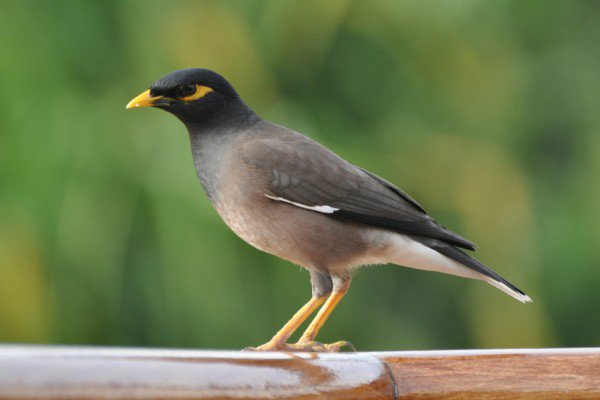More than 1,000 different alien (read: non-indigenous) species of birds were introduced to regions that do not make their natural habitats in the past five centuries by human meddling, says a new study. Nearly 50% of them are exotic birds.
This growing number of non-native, exotic bird species poses a serious threat to the bird biodiversity of a region as the newly introduced species often tend to be invasive in nature. The study further warns that if due precautions are not taken, this can lead to intense and unhealthy competition among the different bird species in the area for survival. Not only that, the invasive birds may also carry diseases that the local birds and animals are not immune to yet in addition to damaging local crops.

Worse still, it is often difficult to predict whether or not an invasive species will survive. In the event the species should turn fully invasive, it would become incredibly tough to control or eradicate them.
The study focused on the distribution of invasive bird species across the globe and identified the key factors that may help the researchers understand where a possible future invasion could arise next.
Originally published in the journal, PLOS Biology, the study looked into about 1,000 different bird species from the 1500 – 2000 and figured that most of the cases of invasion by alien birds were essentially caused by human intervention for one reason or the other.
“It has given us valuable insights into the different stages of species invasion – humans play a key role, but so too do environmental factors that allow alien bird species to thrive in new locations,” Dr. Ellie Dyer, lead researcher said according to The BBC. Of these, the three worst invasive alien bird species — the Indian myna, the European starling, and the red-vented bulbul — have led to the extinction of multiple species.
